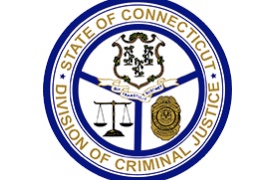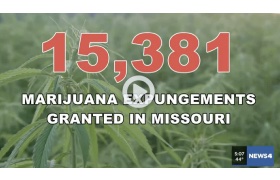Global Advocacy & Policy
New Brunswick says it is unable to enforce its provincial cannabis laws on First Nations land, while other provinces take a different stance.

Global Advocacy & Policy
1,500+ Pending Cannabis Cases Dropped by Connecticut Chief State Attorney’s Office
Global Advocacy & Policy
Media Report: More than 15k marijuana convictions expunged since recreational legalization
Global Advocacy & Policy
The Presidential Cannabis Pardon Page Now Live
-

 Cannabis News1 year ago
Cannabis News1 year agoDistressed Cannabis Business Takeaways – Canna Law Blog™
-

 One-Hit Wonders1 year ago
One-Hit Wonders1 year agoUnited States: Alex Malyshev And Melinda Fellner Discuss The Intersection Of Tax And Cannabis In New Video Series – Part VI: Licensing (Video)
-

 Cannabis 1011 year ago
Cannabis 1011 year agoWhat you Need to Know
-

 drug testing7 months ago
drug testing7 months agoDrug Testing for Marijuana – The Joint Blog
-

 Marijuana Business Daily1 year ago
Marijuana Business Daily1 year agoCannabis, alcohol firm SNDL loses CA$372.4 million in 2022
-

 Education1 year ago
Education1 year agoNCIA Write About Their Equity Scholarship Program
-

 Cannabis1 year ago
Cannabis1 year agoIt has been a wild news week – here’s how CBD and weed can help you relax
-

 Education1 year ago
Education1 year agoCity Of Oakland Issues RFP For Employee Training Programs


















